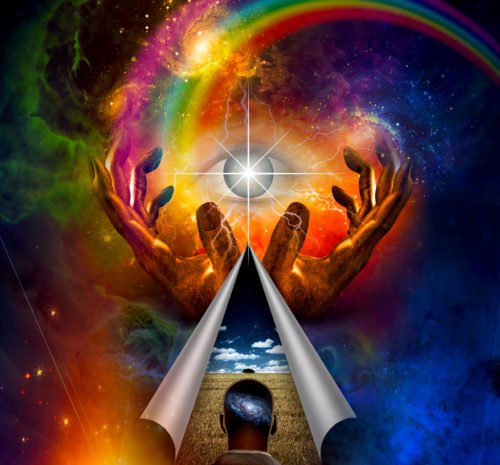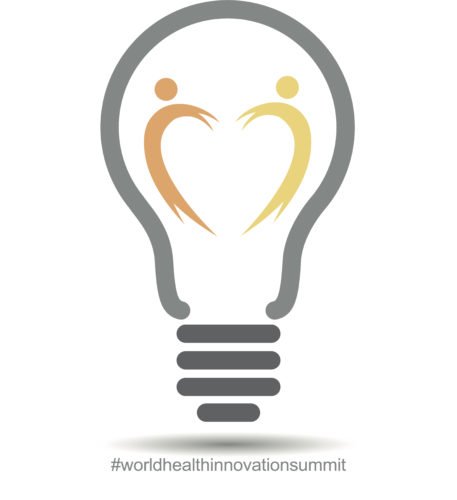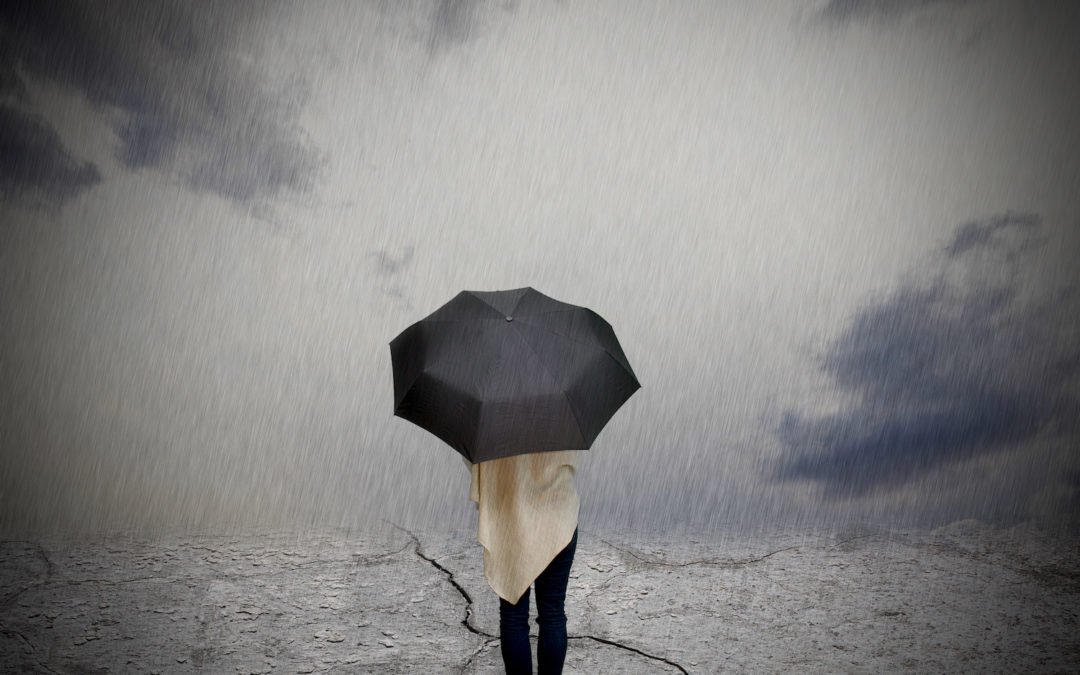Feeling “blue” from time to time can be a natural and appropriate response to a stressful or catastrophic situation. Yet, staying in a blue depressive mood for a long time is not a healthy or normal response. Depression is a serious ailment that can cost a life if left untreated. Read on to learn what symptoms are part of a depression diagnosis, treatments for depression, and available resources.
Symptoms of Depression
What exactly is depression or what’s clinically called major depressive disorder (MDD)?
In order to be diagnosed with MDD, a person has to experience symptoms that affect how she/he feels, thinks, and engages in daily activities (sleeping, eating, studying, working, etc.), experiencing a depressed mood or loss of interest or pleasure and four or more of the symptoms below most of the day, nearly every day, for at least two weeks. The severity of the condition depends on the degree and frequency of symptoms.
According to the DSM-5, you may be suffering from depression if you experience:
- Persistent sad or “empty” mood
- Feelings of hopelessness, or pessimism
- Irritability
- Feelings of guilt, worthlessness, or helplessness
- Loss of interest or pleasure in hobbies and activities
- Decreased energy or fatigue
- Moving or talking more slowly
- Feeling restless or having trouble sitting still
- Difficulty concentrating, remembering, or making decisions
- Difficulty sleeping, early-morning awakening, or oversleeping
- Appetite and/or weight changes
- Aches or pains, headaches, cramps, or digestive problems without a clear physical cause and/or that do not ease even with treatment
- Thoughts of death or suicide, or suicide attempts
Types of Depression
Depression can take different forms in people.
- Major Depressive Disorder (MDD): As explained above, the symptoms must take place for at least 2 weeks.
- Persistent Depressive Disorder (or Dysthymia): Depressed moods that last for at least two years.
- Peripartum or Postpartum Depression: Women experiencing MDD during or after delivery (postpartum).
- Psychotic Depression: Depression accompanied by some form of psychosis, such as having delusions (disturbing beliefs not based on reality) or hallucinations (hearing or seeing things that others cannot hear or see).
- Seasonal Affective Disorder: The onset of depression takes place during the winter months.
- Bipolar Disorder: Episodes of major depression along with manic episodes (periods of extremely high – euphoric or irritable – moods as well as elated and energized behavior), or a less severe form called “hypomania.”
Treatment
There are diverse treatments for depression:
- Psychotherapy: Cognitive-behavioral, interpersonal, dialectical, group, and family therapies can provide great results. Psycho-education and support groups can also be very valuable. Therapy can provide you with an objective sounding board to express yourself and to help you gain insight into your patterns and behaviors. It can help overcome traumas and negative childhood experiences, address negative thinking patterns, provide healthy coping mechanisms, improve relationship dynamics, get rid of self-destructive patterns, and help you achieve your goals. Anyone can benefit from therapy.

- Pharmacotherapy: Medications such as anti-depressants, mood stabilizers, or anti-anxiety medications are sometimes needed. If you haven’t been able to change painful emotional states or self-defeating behaviors over the years, medication can be the tool you need to balance your neurochemistry. If you don’t see changes with prescribed medication, you can try other meds until you find one that’s right for you. Unfortunately, like most pharmaceuticals, meds can have side-effects. Yet, you don’t have to be on medication forever (maybe except with psychotic or bipolar conditions). You can use it at the beginning of your journey until you get a better grip of your go-to negative cognitions, relationship dynamics, and coping skills.
- Brain Stimulation Therapies: Electroconvulsive therapy (ECT) may be an option to explore when nothing has worked over the years and the symptoms are paralyzing. Yet, there are severe side-effects associated with it.
- Psychedelics: These hallucinatory and consciousness-altering drugs like mescaline, LSD, psilocybin, and DMT are now appreciated for their positive effects on mood, PTSD, and addiction. Ketamine provides great results for treatment-resistant depression and edible mushrooms and supplements can also have healing properties. Here are a couple of great interviews by Tim Ferriss on the matter (Psychedelics – Microdosing, Mind-Enhancing Methods, and More & Michael Pollan — Exploring the Frontiers of Psychedelics).

- Lifestyle & Natural Treatments: Even if some of the above treatments are utilized, it is highly advisable to simultaneously address your lifestyle in order to deal with your emotional issues. A holistic approach is necessary as our minds cannot be treated in isolation because we are wholesome beings. The emotional, cognitive, and behavioral systems are intertwined. For long-lasting changes to take place, you should also address your diet (nutritional deficiencies are common in people with mood disorders), your activity levels (exercise positively affects your neurotransmitters), your social interactions, and your purpose. Learn more natural treatments Deal with Depressive Moods Naturally and about incorporating a holistic approach in my book 28 Days to a New Life

Resources
The following is a list of Mental Health Helplines, Suicide Hotlines, And Depression Advice Centers worldwide compiled by HappyHappyVegan

To a Fitter Healthier You,
The Fitness Wellness Mentor
Check out The World Health Innovation Summit to learn how it is improving population health while creating new ecosystems through a circular economy.




